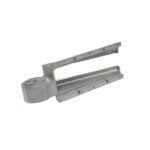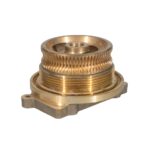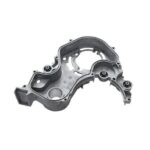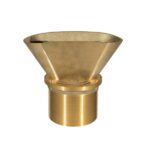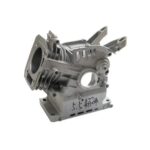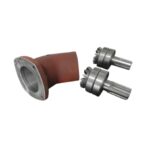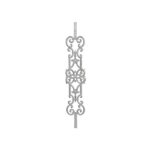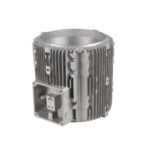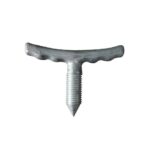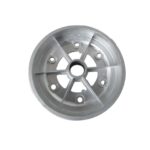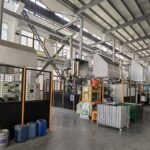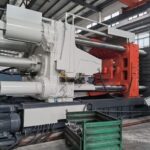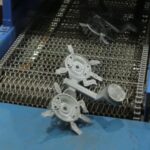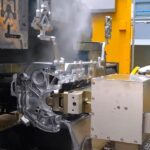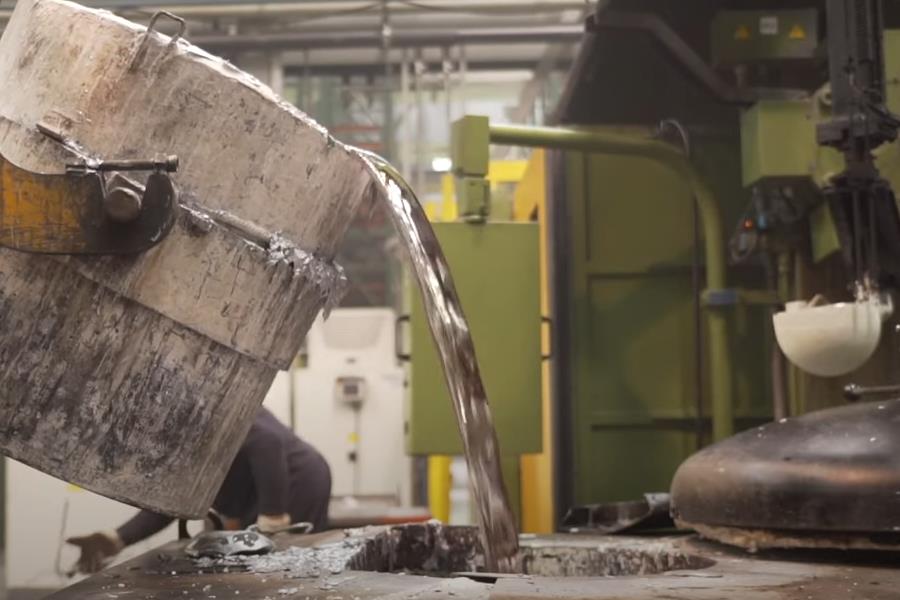
What is Cast Aluminum?
Cast aluminum is an alloy made from aluminum that is melted and poured into molds to create specific shapes and parts.
Known for its lightweight and excellent corrosion resistance, cast aluminum is widely used in various applications.
Definition and Composition
Cast aluminum primarily consists of aluminum with a small percentage of other metals, such as silicon and copper, to enhance its properties.
This combination allows for improved casting characteristics and mechanical strength.
What is Cast Iron?
Cast iron, on the other hand, is an alloy of iron, carbon, and silicon. It’s known for its excellent casting properties and is often used in heavy-duty applications, such as engine blocks and cookware.
Its strength and durability make it suitable for sectors requiring robust materials.

Advantages of Cast Aluminum
One of the standout features of cast aluminum is its lightweight quality.
This property can reduce the overall weight of products, which is a significant advantage in automotive design.
Furthermore, cast aluminum exhibits remarkable strength-to-weight ratios, making it suitable for various applications.
Cast Aluminum Strength
Many ask, “How strong is cast aluminum?”
The answer lies in its tensile strength, which can vary depending on the alloy used. Generally, it provides comparable strength to cast iron while being significantly lighter.
Disadvantages of Cast Aluminum
Despite its many advantages, cast aluminum has its drawbacks. The cost can be higher than cast iron, making it less desirable for large-scale applications.
Additionally, while cast aluminum is strong, it can be brittle, raising concerns about its durability in extreme conditions.
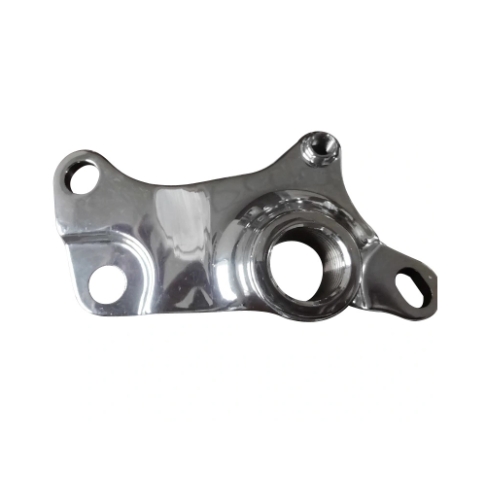
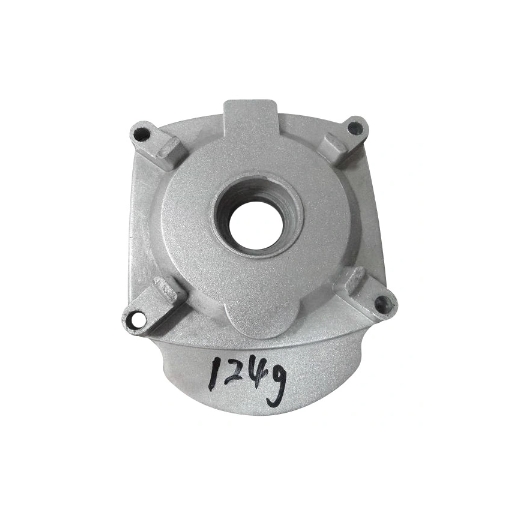
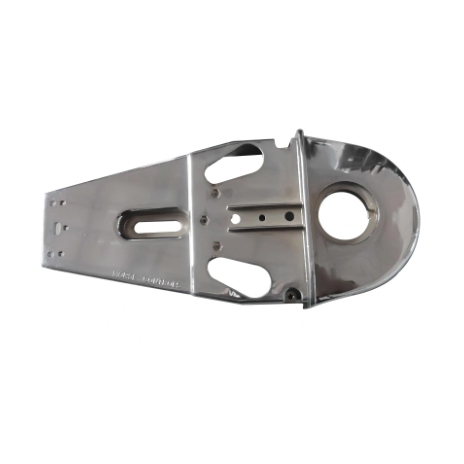
Is Cast Aluminum Heavy?
A common misconception is that cast aluminum is heavy; in reality, it is much lighter than cast iron.
This difference makes it easier to handle and transport, a vital aspect in industries like automotive manufacturing.
Advantages of Cast Iron
Cast iron shines in its durability and wear resistance. Its ability to withstand high temperatures and corrosive environments makes it ideal for heavy machinery and construction equipment.
Cast Iron Applications
In sectors such as construction and automotive, cast iron is indispensable. From engine blocks to cookware, it proves its versatility and reliability.
Disadvantages of Cast Iron
Cast iron is not without its flaws. Its weight can be a disadvantage, especially when lighter materials like aluminum are preferable. Additionally, cast iron is prone to rust if not properly maintained, which can limit its application in certain environments.
Comparing Prices
When considering cast iron vs aluminum, price often comes into play. Cast iron typically costs less upfront, but the long-term maintenance and performance should also be factored in.
Common Applications of Cast Aluminum
Cast aluminum is commonly found in automotive parts, cookware, and structural components. Its versatility and durability make it a preferred choice in many industries.

The Manufacturing Process of Cast Aluminum
How Cast Aluminum is Made
The manufacturing process begins with melting aluminum in a furnace. Once molten, it is poured into molds, where it cools and solidifies into the desired shape.
Types of Casting Processes
Several casting methods are used for aluminum, including sand casting, die casting, and investment casting.
Each method offers different benefits, depending on the intended application and production scale.
Comparing Cast Aluminum and Cast Iron
Strength and Durability
When comparing cast aluminum to cast iron, aluminum generally exhibits better strength-to-weight ratios.
While cast iron is typically stronger in terms of compression, cast aluminum offers better tensile strength, making it suitable for a wider range of applications.
Weight Differences
Cast aluminum is significantly lighter than cast iron, making it easier to handle and transport. This weight advantage is crucial in industries where reducing mass is essential, such as automotive and aerospace.
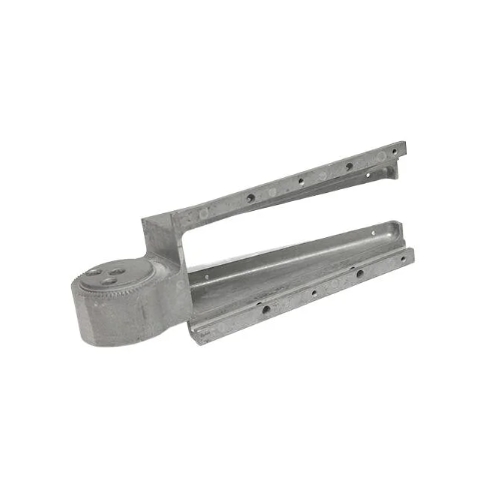
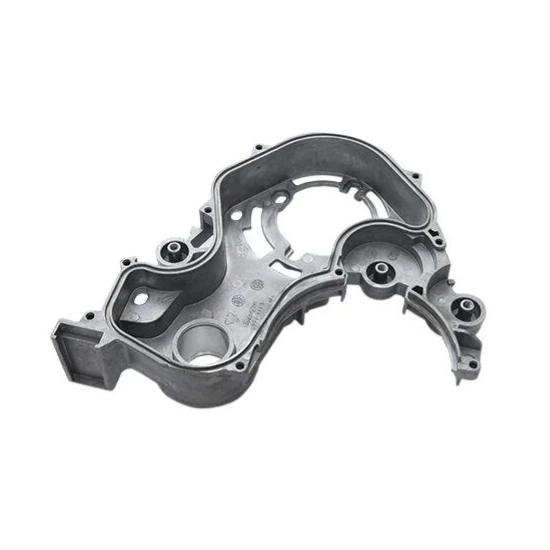
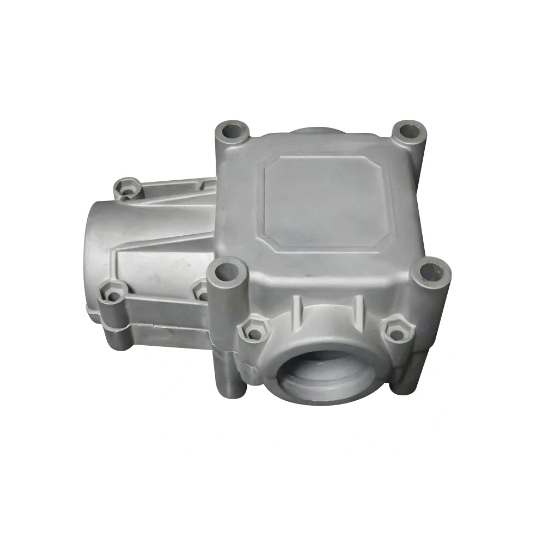
Strength Characteristics of Cast Aluminum
How Strong is Cast Aluminum?
Cast aluminum is strong enough for many applications, especially where weight savings are crucial. Its strength can vary depending on the specific alloy used, but it is generally considered durable.
Comparison with Wrought Aluminum
While cast aluminum is strong, wrought aluminum typically has superior strength due to its processing method, which aligns the grain structure.
Cast aluminum is better for complex shapes, while wrought aluminum is preferred for high-stress applications.
Properties of Cast Aluminum
Corrosion Resistance
One of the standout properties of cast aluminum is its excellent corrosion resistance. The natural oxide layer that forms on aluminum protects it from the elements, making it ideal for outdoor applications.
Thermal Conductivity
Cast aluminum also boasts good thermal conductivity, allowing it to efficiently dissipate heat. This property is beneficial in applications such as cookware and heat exchangers.

Is Cast Aluminum Heavy?
Density Compared to Other Metals
Cast aluminum is relatively lightweight compared to metals like cast iron or steel. This lower density allows for easier handling and reduced shipping costs.
Applications Benefiting from Lightweight
The lightweight nature of cast aluminum makes it ideal for automotive parts, aircraft components, and other applications where reducing weight is crucial for performance.
Is Cast Aluminum Brittle?
Understanding Brittle vs. Ductile
While cast aluminum is generally not considered brittle, it can be less ductile than wrought aluminum.
Ductility refers to a material’s ability to deform under stress, and cast aluminum may not withstand extreme impacts as well as some other metals.
Factors Influencing Brittleness
Factors such as alloy composition and casting quality can influence the brittleness of cast aluminum. Properly formulated and processed aluminum can exhibit good toughness and resilience.
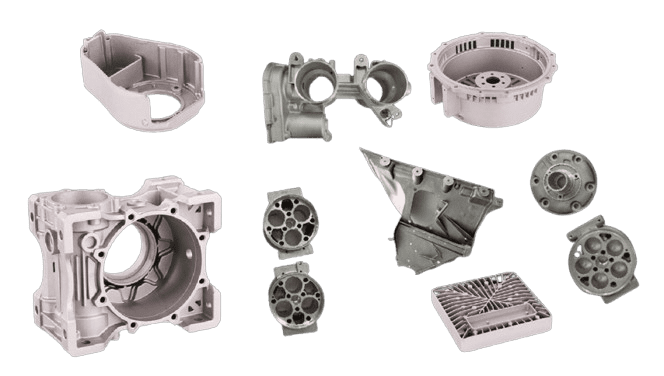
Common Myths About Cast Aluminum
Cast Aluminum vs. Aluminum
A common misconception is that cast aluminum is a lower-quality form of aluminum.
In reality, cast aluminum has specific advantages that make it suitable for particular applications, including better shape retention and dimensional accuracy.
Misconceptions About Strength
Another myth is that cast aluminum is inherently weak. While it may not match the strength of some steel alloys, it is strong enough for many demanding applications, especially when weight is a concern.
Summary of Cast Aluminum vs. Other Materials
Cast Aluminum vs. Cast Iron
While cast iron is stronger in compression, cast aluminum’s lightweight and resistance to corrosion make it a favorable choice for many applications.
Aluminum vs. Cast Aluminum
Aluminum itself refers to the pure metal, while cast aluminum is a specific form designed for casting processes. Each has its unique benefits and is chosen based on the application’s requirements.

Conclusion: The Versatility of Cast Aluminum
Cast aluminum is a versatile material that offers an excellent balance of strength, weight, and corrosion resistance.
Understanding its properties and how it compares to other materials, like cast iron, can help in making informed decisions for various applications.
Whether in automotive parts, cookware, or structural components, cast aluminum continues to prove its value across many industries.


